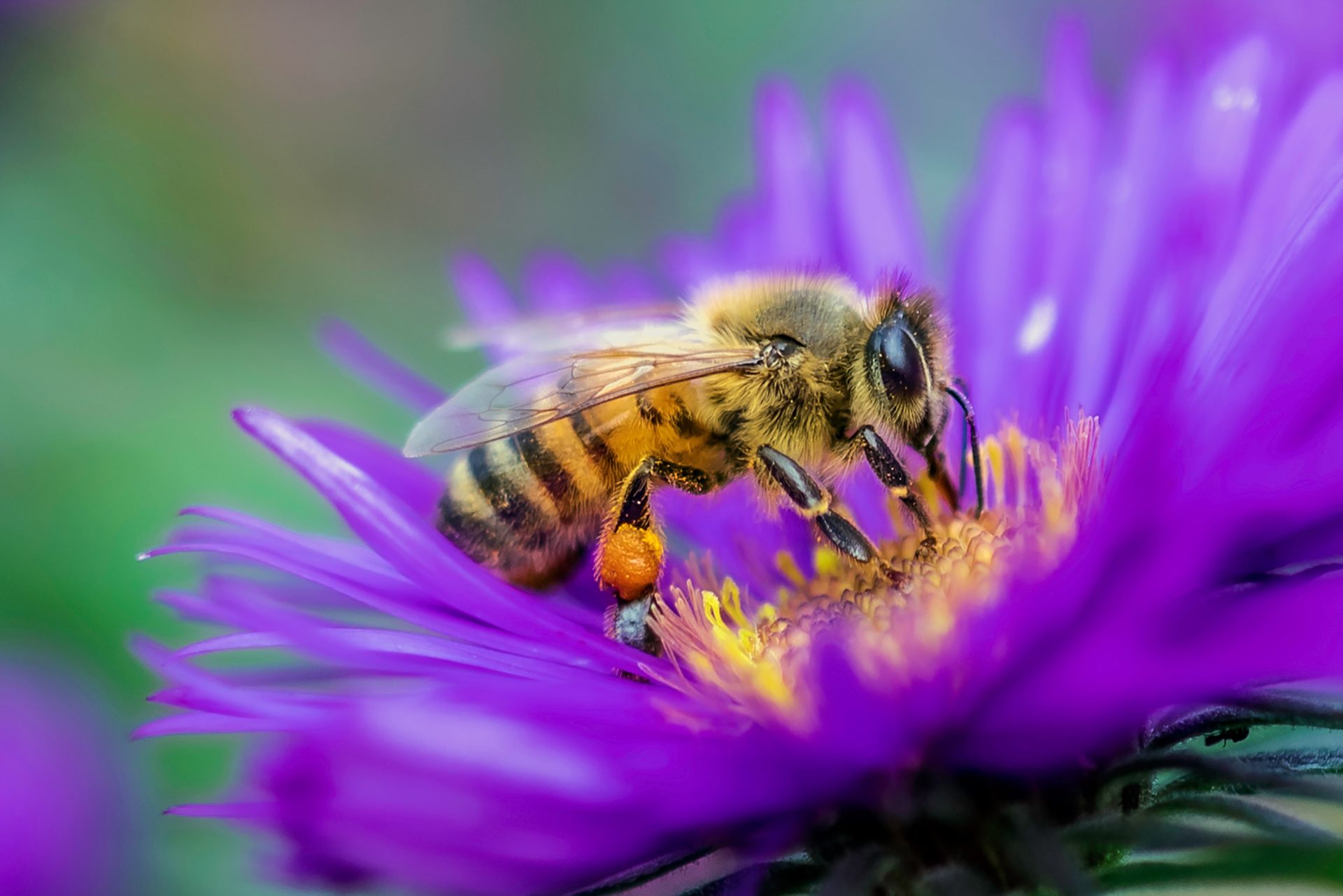Natures reward for good values

I have been fascinated with bees ever since I set foot in my grandfather’s (Opa) apiary in the flowery suburb of Campbell as a little buzzer in the 1970s. I had my own hives by the time I was in my teens and I continue to maintain hives on my block in the bush near Canberra. Having observed them over many years, I believe there is a lot we can learn from the humble bee – how a hive operates as a community, what they do to support the local area and how they collaborate to achieve more collectively than they can individually. This is, of course, a lovely metaphor for the professional world and underlines Parbery’s values, the organisation I have recently joined.
With the recent interstate lockdowns and restriction of movement, bees provide a masterclass on how we as individuals and businesses can make a big difference to our local community. My Opa always told me that “every single bee makes a small, but very important contribution to their local area”. Of course, I have since learned that collectively bees can almost single handedly pollenate entire crops and enable local botanical areas to thrive. My Opa’s wisdom about bees is a truism that can just as readily be applied to our own actions with our own communities and that of our professional lives. Imagine what could be achieved if all firms in Canberra made a small contribution to the local community in some way?
I still have vivid memories of the smell of my Opa’s bee shed. For me, the sweet smell of honey and bees wax mixed together is divine. I still marvel at how such small, albeit industrious creatures can create so much honey with a consistency that any production line would envy. During their brief lifetime, bees cycle through several distinct tasks, including cleaning, brood nursing, Queen tending, comb building, ventilation, guard duty, and foraging. In fact, a single bee only lives for about six weeks (in summer) and without its colony will die within hours or days. The amazing relationship between honeybees and flowers is a wonderful example of how nature rewards collaboration, workflow and succession. My Opa used to say, the bees can do so much more together than they can individually. This adage, straight out of the bee playbook, is more important than ever these days. Government and business rely less and less on individuals and value the ability for organisations to collaborate, work together and have teams that can achieve more as a collective than the individuals in it can do on their own.
My grandfather had dozens of 4 litre tins of honey. As raw, authentic honey does, most of it crystallised during those cold Canberra winters. If honey doesn’t crystallise you can’t be sure how it has been created, treated or what might have been added. Bees produce high-calibre honey consistently as a team. Some collect it, some fan the hive to maintain a temperature to achieve exactly 17% water moisture content and some will cap it at just the right time. No bees take a “she’ll be right mate” approach, lest their honey will not meet the required quality to cap and store. Such is the quality control on the bee production line that honey is still edible centuries after it has been capped. Many studies have shown that high performing teams in the commercial world have a sense of belonging, know their role and understand how that role contributes to an overall vision or mission. When these things are in place, it’s easier to adhere to high standards, self-discipline and we are less likely to compromise on quality.
Learning about the humble bee and how a hive behaves seems like the perfect metaphor for the kind of values we aim to inspire in our own organisation. As a new Partner at Parbery, I am proud to say that I am part of a high performing, collegiate, caring hive of activity, with a team that creates lasting results greater than the sum of its parts. I am also delighted to say, Parbery punches above its weight when it comes to making its contribution to our local community. In the end, it seems that my Opa was wisely espousing the same values as the organisation to which I now belong. It’s no wonder we’re creating a buzz in the market.
Kim Moeller is a Partner at Parbery.


